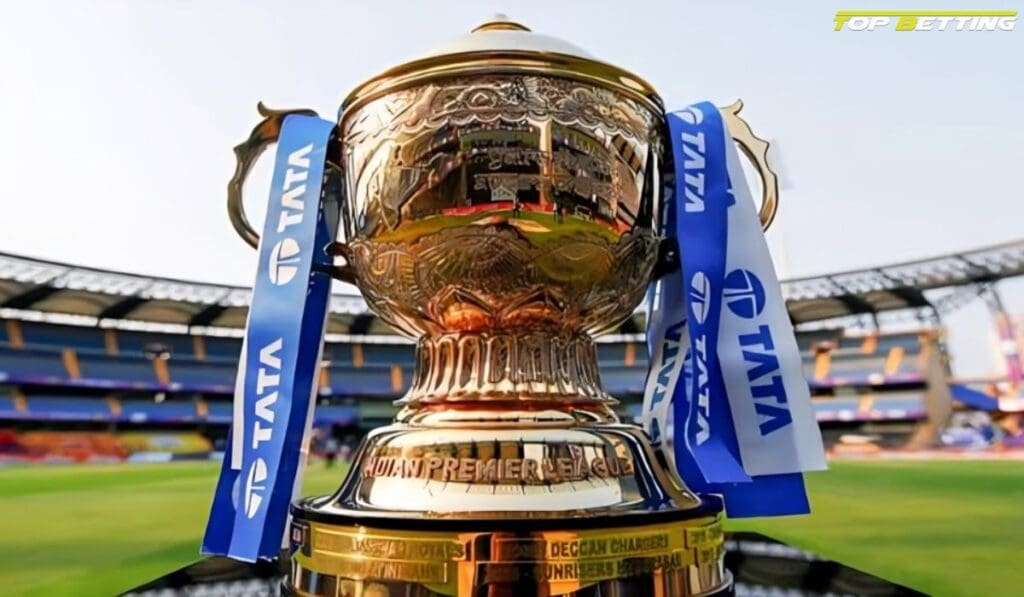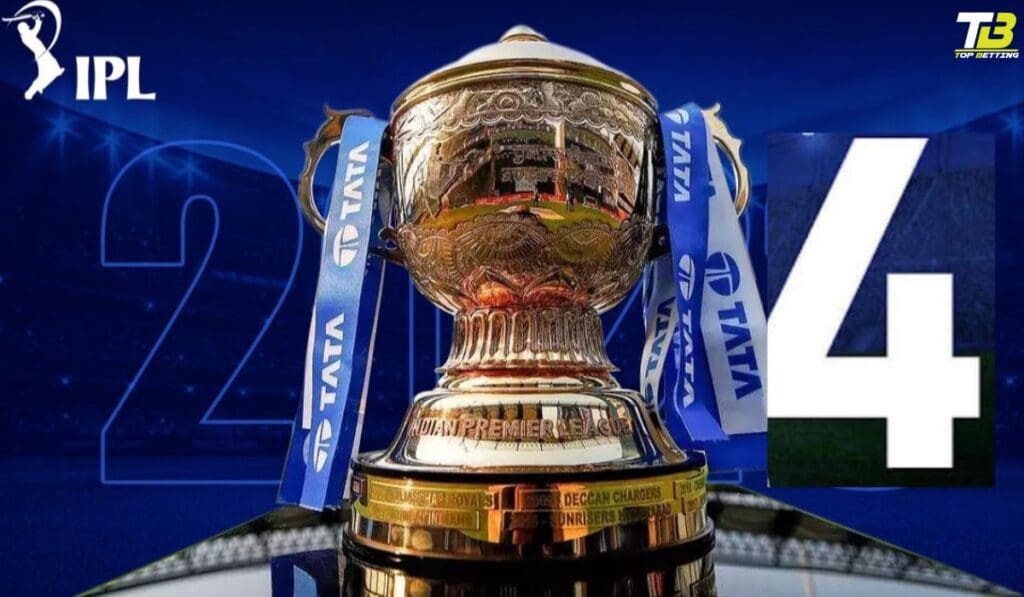
New Rules in IPL 2024 | Bouncers, Referrals, and More
The Evolution of Bowling Strategy
The Indian Premier League (IPL), a cricketing extravaganza known for its high-voltage matches and a blend of international and local talents, is set to welcome the 2024 season with a significant update to its playing conditions. Echoing the recent changes in domestic cricket, the IPL is adjusting its pace to allow bowlers two bouncers per over, doubling the challenge for batsmen and introducing a new layer of strategic depth to the game.
This adjustment mirrors the Board of Control for Cricket in India’s (BCCI) initiative first seen in the Syed Mushtaq Ali Trophy, an esteemed national T20 championship. This move marks a departure from the traditional single bouncer rule, aligning more closely with the formats seen in Tests and ODIs, albeit with a unique T20 twist.
The Balancing Act
Laxmipathy Balaji, a name synonymous with Indian pace bowling and known for his insights into the game, praised the BCCI‘s decision. According to him, this new rule is not just a boon for fast bowlers but also a catalyst for intriguing match strategies. Balaji, with his extensive experience as both a player and a coach, sees this as an opportunity for teams to recalibrate their end-game tactics, particularly in the high-stress death overs where every ball can turn the game on its head.
“It’s about making the contest fairer,” Balaji pointed out, emphasizing how this change could lead to a more equitable fight between bat and ball. In a league celebrated for its batting prowess, this rule could well tip the scales, adding an extra layer of excitement for fans.
Referrals and Fair Play
In addition to the bouncer update, the IPL continues to refine its decision review system (DRS) protocols. Unlike the ICC’s current guidelines, the IPL’s unique stance on checking for a catch during a stumping referral has been retained. This rule ensures that any contact between bat and ball is considered, maintaining fairness and reducing the chances of a batsman getting an undeserved reprieve.
The allowance of two referrals per team, with the ability to review wides and no-balls, remains unchanged. This decision, introduced last season, has been lauded for enhancing the accuracy of umpiring decisions, ensuring that matches are decided by skill and not oversight.

Time is of the Essence
Interestingly, the IPL has decided against implementing the stop clock rule, a recent addition to ICC’s white-ball formats aimed at improving the pace of play. The decision underscores the league’s commitment to maintaining its unique character and operational rhythm, prioritizing continuous action and engagement over the mechanical pacing of the game.
Looking Ahead
As the IPL gears up for its 2024 season, these changes promise to enrich the tactical complexity of the game. The introduction of an extra bouncer per over is not merely a rule change; it’s a strategic evolution, encouraging bowlers to innovate and batsmen to adapt. This, combined with the nuanced approach to DRS and the decision to forgo the stop clock, highlights the IPL’s dedication to a balanced, fair, and thrilling cricketing experience.
Transparency and Efficiency
To enhance efficiency and promote transparency, it may be beneficial to implement live broadcasts of interactions between the TV umpire and Hawk-Eye operators. Additionally, it would be beneficial to prioritize pertinent information such as ball-tracking data in LBW reviews.

What these changes mean for Fans?
For fans and players alike, these adjustments herald a season that will be as much about brains as about brawn. As teams recalibrate their playbooks to navigate these new conditions, the stage is set for a tournament that promises to be more unpredictable, more competitive, and more exhilarating than ever. The IPL continues to redefine the boundaries of the sport, ensuring that cricket, in its most vibrant form, thrives and enthralls audiences across India and beyond.










